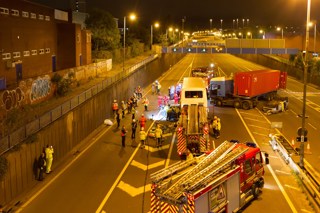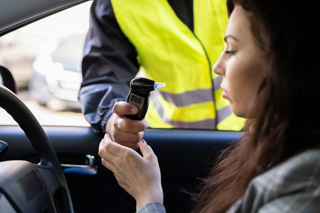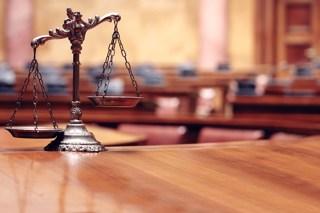Fleets are being advised by FleetCheck to warn their drivers over the Christmas break about the poor accuracy of cheap personal breathalysers.
The fleet software company says that many of low cost devices are so inaccurate as to be useless and could lead to an employee putting their licence at risk – and lives, too.
FleetCheck’s managing director Peter Golding said: “Independent testing shows that the kind of keychain breathalysers that cost a few pounds are often next to useless when it comes to working out whether you are fit to drive.
“Company car and van drivers who have a drink over the Christmas break and then test themselves with one the following morning are no doubt trying to be responsible but the chances of the device giving an accurate reading are not good.
“The employee could head out on the road, be stopped by the police and lose their licence or, worse, become involved an accident because alcohol has impaired their judgement.”
Golding said that, to gain a reasonably accurate measure of the amount of alcohol still in your bloodstream, the cheapest breathalysers cost around £60.
“Auto Express magazine conducted testing earlier this year and anything below this price level gave results that were so prone to variation that they were often useless. The more accurate devices cost at least £100.
“This might sound like quite a lot but would no doubt seem something of a bargain in retrospect if you were to be accused of drink-driving.”
He said that this was a good time of year to give advice about the dangers of drink-driving, with some drivers often tempted to play fast and loose with legal limits.
“Your corporate attitude to alcohol should be codified in your overall fleet policy," continued Golding. "The only responsible approach is a zero tolerance attitude to drink but it is worth providing advice over Christmas and the New Year about, for example, the length of time that alcohol stays in your bloodstream and not to take chances.
“The number of drivers who are unaware of the very real dangers of morning-after drinking is very surprising.”



















Login to comment
Comments
No comments have been made yet.